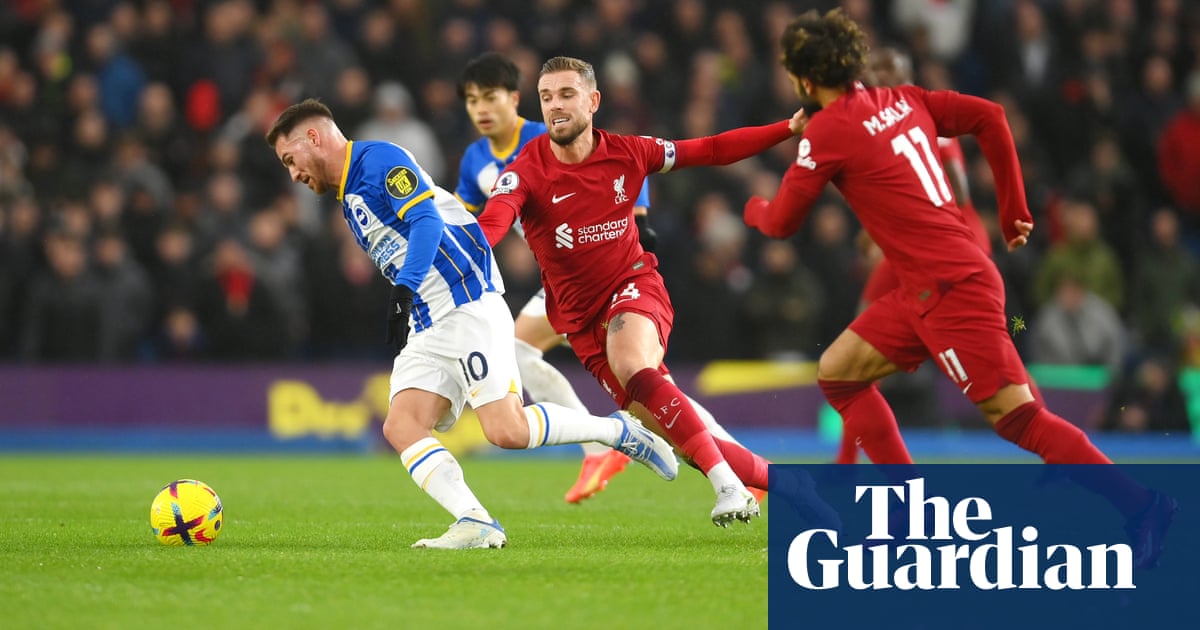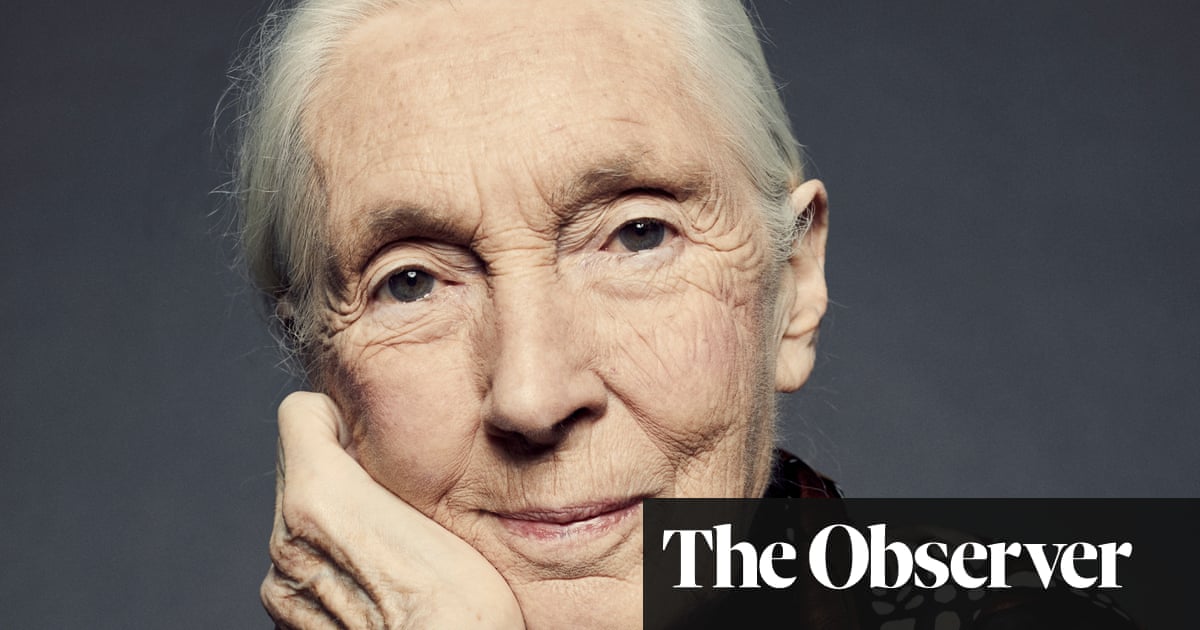
t’s 25 years since Bridget Jones made her first appearance in a column in the Independent. Helen Fielding did not know then that her creation would become one of the most famous comic characters in modern literature. The warm, festive documentary Being Bridget Jones (BBC Two) examines the phenomenon in print and on film, with a truly varied cast of talking heads, from Hugh Grant to Andrew Marr to Germaine Greer, on hand to explain their role in its success, their interpretation of Bridget’s rise to fame or, in some cases, to show off the fact that they inspired some of the supporting characters.
I love all three Bridget Jones films and this does a brilliant job of digging deep into her world. The timing is perfect. Though people rarely think of Bridget Jones’s Diary as a Christmas film, it is a Christmas film. Darcy’s reindeer jumper reignited the trend for Christmas jumpers before they went mainstream. Ding dong, as Bridget would say. Here, Renée Zellweger opens proceedings by reading from the first book, in that familiar Bridget voice, and it sets a comforting tone from the beginning.
That’s not to say that it is in any way sappy. Much like the books, it is spiky and fun. “This is the story of how an anxious, calorie-obsessed, usually pissed woman in her 30s changed the world,” promises the narrator, Tamsin Greig, and it certainly delivers. It takes viewers through Fielding’s life story, from Morley in West Yorkshire, to Oxford, to a Bridget-esque stint as a TV news reporter before she landed on writing and journalism. (There is a failed attempt at writing a Mills & Boon novel along the way, and the reason for its rejection had me cackling.) Fielding talks about growing up middle class, around working-class, over-the-fence humour, and how that, along with Morecambe and Wise, sowed the seeds of her comic sensibilities. She famously, and loosely, based the first book on Pride and Prejudice. “I thought Jane Austen wouldn’t mind and, anyway, she was dead,” she says.
Fielding’s sense of humour came to define an era, and, against a soundtrack of Elastica and Garbage, this documentary doesn’t shy away from examining some of Bridget’s more 90s thoughts and feelings with intelligence and candour. Fielding pulls out a notebook in which she had listed her own calorie intake. In this age of supposed “body positivity”, Bridget’s obsession with being thin feels like a different era. As many of the commentators point out, though, she knows it’s miserable, and she knows she’s not very good at it. She strives, and she fails. “It’s a sort of celebration of failure, of being a bit shit,” suggests Grant. Germaine Greer has been recruited to dismiss it all as rubbish, but perhaps it’s saying something that everyone else, from the MP Jess Phillips to the Queenie author Candice Carty-Williams, maintains a deep and long-lasting affection for the novels.
The conversations here are as smart as they are funny. There is a proper discussion about the genre of “chicklit”, and snobby attitudes towards women’s writing about women’s lives. There is an un-prudish and thoughtful section about workplace harassment. Daniel is Bridget’s boss, and makes his romantic intentions known by touching her bum in the lift, then there is leery Mr Fitzherbert, the head of the publishing house, widely known as Mr Titspervert. Fielding says she doesn’t think the first film could be made today. “I think, thank you, #MeToo,” she says.
Unusually for this kind of documentary, everyone who appears on camera really does have some insights to offer. Cherie Blair, an idol of Bridget’s, talks about being photographed in her dressing gown, looking dishevelled, on the morning Tony Blair became prime minister. Rev Richard Coles, one of the inspirations for Tom, talks about the perils of underestimating Fielding. She is “attractively scatty”, he says, but she is no fool. Zellweger speaks about the importance of flaws, and how nobody is born with a zen-like acceptance of who they are. The MasterChef judge Tracey MacLeod and the film director Sharon Maguire, the blueprints for boozy best mates Jude and Shazzer, recall the good times; Maguire, of course, directed the first and third films.
It is Grant, though, who steals the show. His recollections of filming are brilliantly unfiltered; Zellweger says she often worried that their conversations on set would get her into trouble. He describes Zellweger’s progress on the accent front as “quite a good Princess Margaret”, then “Princess Margaret having had a stroke”, until she finally got it. He goes through the big pants scene gamely, offering thorough detail about the lines he improvised and what he brought to the table. Having so recently seen Grant in an altogether darker light in The Undoing, hearing him say “hello, mummy” again is a bit of a treat. So, too, is this lovely excuse to watch the Bridget Jones films for the umpteenth time.












